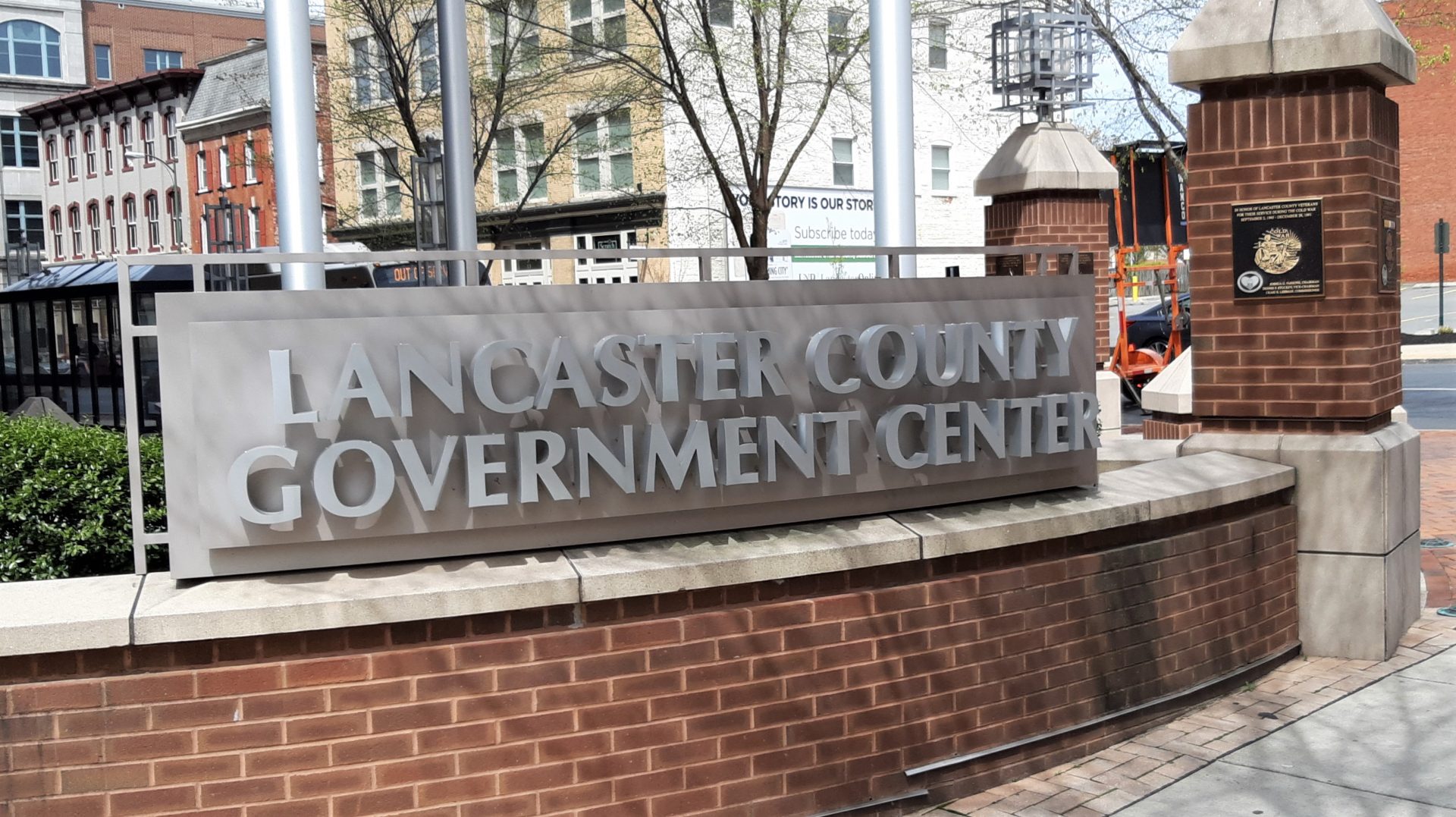The Lancaster County commissioners declined on Tuesday to take action on five community applications for American Rescue Plan Act funds, saying none of them met their criteria for using the money.
The five applications, totaling $9.8 million, were as follows:
Community First Fund: $2 million for a Financial Development Center. (Total project budget: $4 million)
Lancaster-Lebanon Intermediate Unit 13: $1.33 million for four projects: Entrance renovations, an alert system, network cabling and replacement of its Wide Area Network Consortium’s Internet firewall. (Total budget: $3.25 million)
Lancaster Science Factory: $215,000 for an interactive “Sky Bridge” exhibit (Total budget: $500,000)
RegenAll Energy: $4 million to help up to 500 low- and moderate-income households install solar power systems and high-efficiency heat pumps. (Total budget: $15 million)
Upward Broadband: $2.26 million to install high-speed internet equipment on 22 communications towers. (Total budget: $2.82 million)
The commissioners’ opinions were unanimous, with one exception: Commissioner John Trescot said that in his view the Science Factory’s Sky Bridge, would contribute to workforce development by inspiring children and getting them excited about STEM — science, technology, engineering and math — and that he would support it on that basis.

As a signature feature, the Sky Bridge would dramatically raise the science museum’s profile, said Rob Reed, the Science Factory’s development director.
He said that based on his understanding of the ARPA criteria, he had emphasized the Science Factory’s impact on tourism in his application, but that promoting STEM and workforce development are indeed at the heart of the institution’s mission.
Commissioners Ray D’Agostino and Josh Parsons agreed the Sky Bridge is worthwhile, but declined to overrule the county’s ARPA work group, which found that it did not meet the county’s guidelines. If the county determines later on that enough ARPA money remains to warrant broadening the criteria, the Sky Bridge could be reconsidered, they said.
The ARPA work group found just three of the proposed projects eligible: Upward Broadband’s broadband expansion; and IU13’s cabling and firewall projects.
While technically eligible, IU13’s projects are essentially maintenance, rather than kind of fresh investments with long-term benefits that the county is looking to make with its ARPA dollars, the commissioners said.
As for Upward Broadband, Parsons and D’Agostino said they are opposed to subsidizing a for-profit company, potentially giving it an unfair advantage in the marketplace. Trescot said he would need to see more cost-benefit information before he could support moving forward.
Parsons and D’Agostino emphasized that they see broadband development as essentially a private-sector matter. They noted that major support for broadband is coming: The state just recently set up its Broadband Development Authority, and millions of dollars for broadband expansion will be allocated once it finalizes its strategy, likely next year.
There may be a role for the county in bringing broadband to hard-to-access areas, they said, but there needs to be a comprehensive discussion involving all stakeholders. Specifically, they said, insofar as broadband is seen as a utility, municipalities should be front and center. They’re the level of government that handles other utilities such as sewer and water and they “know their areas best,” Parsons said.
Tim Beiler, Upward Broadband’s owner, pressed the commissioners, saying he has pending commitments from municipalities and asking if he could reapply once they’re secured.
The commissioners are always willing to listen, but their reluctance to use tax dollars for any such project will be hard to overcome, D’Agostino said.
So far, the county has allocated $24.66 million in ARPA funds, of which $4.25 million has gone to third-party community projects. It has $81.3 million remaining.






